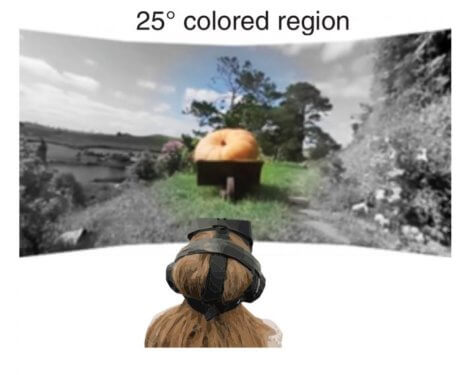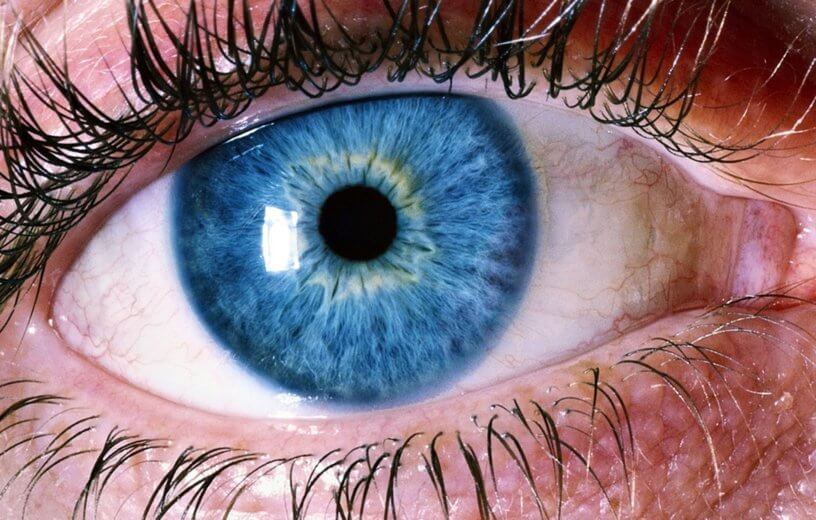HANOVER, N.H. — Seeing in color is something most people probably take for granted. You may think your eyes are just taking in all the vibrant colors around this world, but a new study says your brain is actually filling in a lot of the blanks.
Researchers from Dartmouth College say most people can’t tell when color is taken away from their peripheral vision. A study of nearly 180 volunteers found that a person’s visual awareness is fairly limited and focused solely on what our eyes are staring at in that moment.

Using virtual reality goggles, the participants were shown many different landscapes and events. Their eyes were tracked to record what the volunteers were staring at while the rest of the VR environment was changed to black-and-white.
Although humans have a field of vision that spans about 210 degrees (similar to stretching out both of your arms), a staggering 83 percent of the participants couldn’t tell when they were only seeing 32 degrees of color. Nearly a third of the study couldn’t tell when 95 percent of their vision lost color.
Our Colorful World Is All In Our Head?
“We were amazed by how oblivious participants were when color was removed from up to 95 percent of their visual world,” Dartmouth’s Caroline Robertson said in a statement.
Researchers say participants were shocked to find out how much of the world they weren’t focusing on could be changed without them noticing it. Robertson says the way we perceive the world around us is likely “incorrect” and mostly constructed by what’s in our minds.
“Our brain is likely filling-in much of our perceptual experience,” Robertson theorized.
The study was published in the Proceedings of the National Academy of Sciences.
Like studies? Follow us on Facebook!
